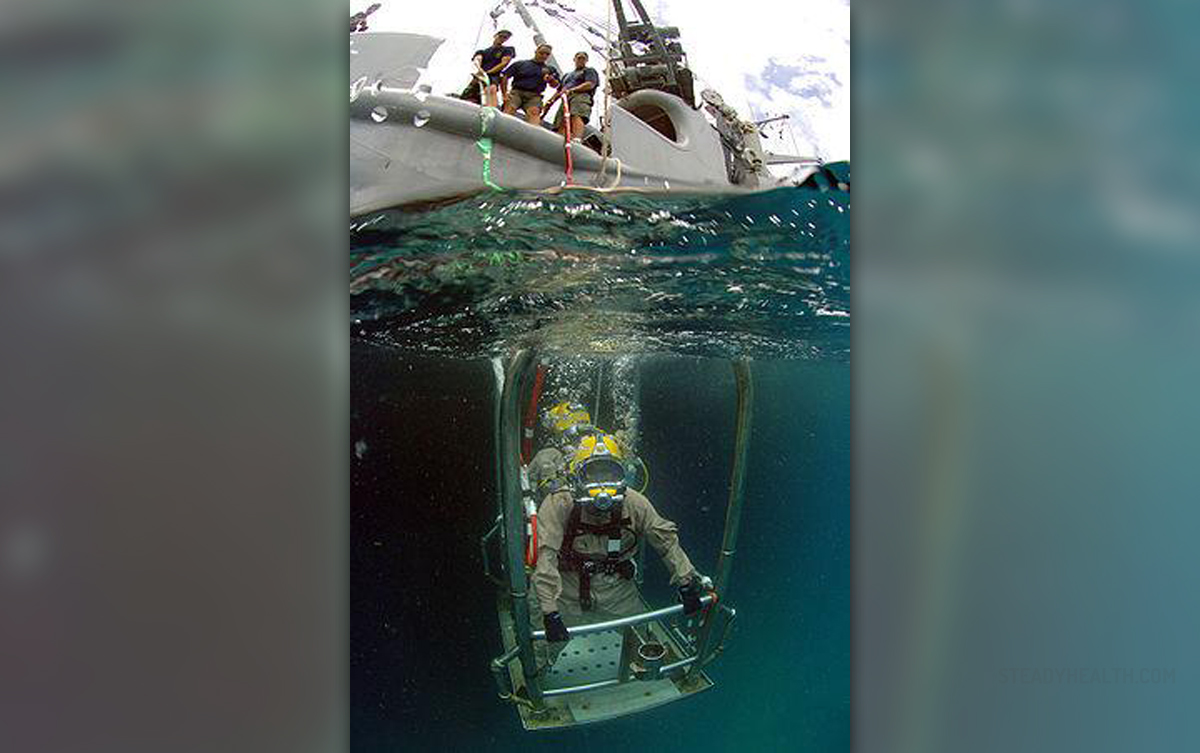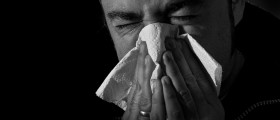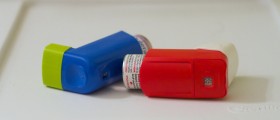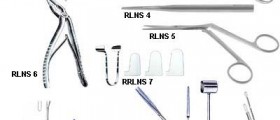
Divers often complain of ear problems. This is because their body is exposed to excess pressure under water. Sometimes, this pressure may result in an injury of middle ear. This is, actually, the most common diving injury, also known as “ear squeeze”. The ear injury due to the excess pressure has a medical name - barotrauma.
What causes ear injuries in divers?The sudden change in pressure causes barotrauma. When divers dive into the water, the air spaces in sinuses and middle ears need to equalize to the surrounding water pressure. The pressure, however, increases with depth and the diver starts feeling the pressure and pain the same moment when the pressure in air spaces cannot equalize any more. During ascent, the expanding air cannot be vented, which increases the pressure in the cavities and usually feels like mild to severe discomfort.
Equalizing the pressure
Ear injuries during diving are relatively easy to prevent if the diver is prepared and uses appropriate equalizing maneuvers. There are a lot of different ways to equalize the pressure and prevent the injury. Each diver should use the one that he or she finds the easiest ad the most effective. Divers are usually thought to equalize the pressure using the Valsalva maneuver. This maneuver is performed during diving. The diver should close the mouth, pinch the nose and just blow gently through the nose. It is important to blow gently and avoid over-inflating the middle ear cavity.
Another common method is the Frenzel maneuver that includes blowing the air into sinuses by closing the nose and mouth and driving the tongue back on the roof of the mouth. Contractions of the muscles, in this maneuver, will let the air into the middle air, slightly increasing the pressure. Another good way to equalize the pressure is to yawn or just push the lower jaw forward while opening the mouth. This way, the Eustachian tube will open and equalize the pressure.
Known problems
The combination of these maneuvers will also work. However, some divers may find it hard to equalize the pressure. It may seem that none of the methods works for them. If this is the case, a person should avoid diving until the problem is set on. Problems with equalization may indicate there is some other underlying condition that prevents it. Some of the people may be unable to equalize because they have cold or flu, because they are allergic to something that causes swelling of the mucus membranes, because of the ear damage from an infection, or because of the bone problems in sinuses and nose.
- medlineplus.gov/ency/article/001064.htm
- medlineplus.gov/ency/article/001038.htm
- Photo courtesy of U.S. Navy photo by Senior Chief Mass Communication Specialist Andrew McKaskle by Wikimedia Commons: commons.wikimedia.org/wiki/File:Scuba_platform.jpg

















Your thoughts on this
Loading...